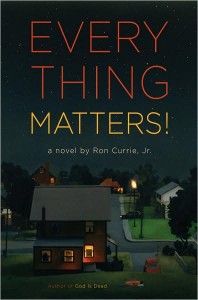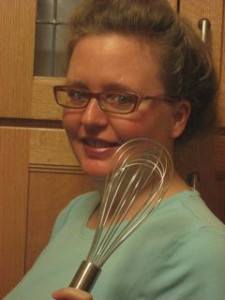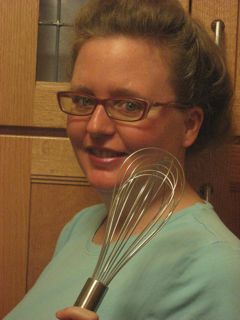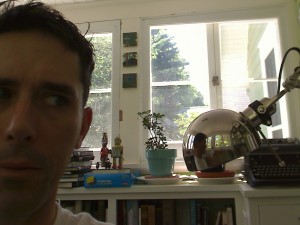Ron Currie, Jr., Reads: Postcard from Portland, Maine
by Joshua Bodwell
Spring is wet in Maine. The rivers swell and roadways succumb. Driveways turn to mud pits and basements flood. We take it all in stride, because living here is worth such minor irritations.
But this past spring, the rain seemed ceaseless. The normally bearable soggy months stretched into June and stole the beginning of summer from us. So, expecting Mainers to sit inside a bookstore on the first clear, balmy evening in early July seemed like too much to ask. Even the author Ron Currie, Jr., a Maine native himself, seemed hesitant to go inside Portland’s Longfellow Books for a reading and signing of his new novel Everything Matters! (Viking, 2009).



























